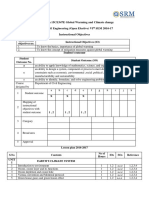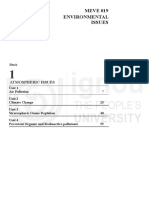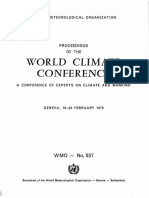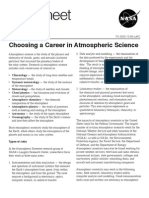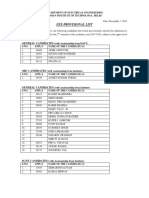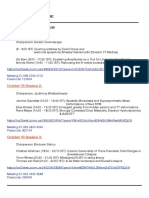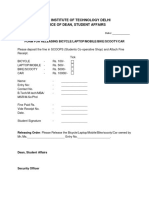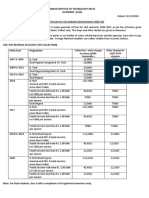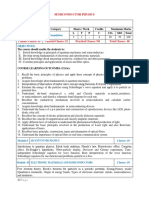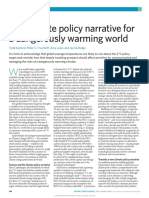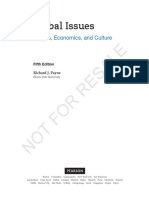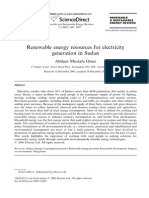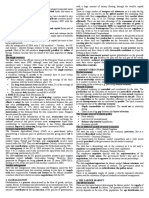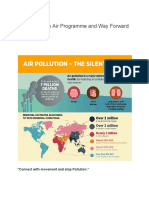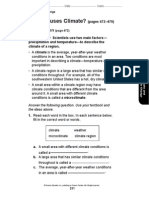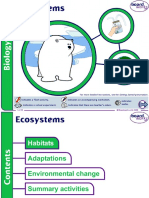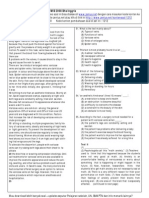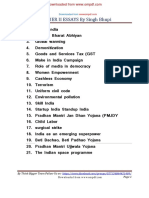0% found this document useful (0 votes)
176 views10 pagesCAS Brochure
The Centre for Atmospheric Sciences at IIT Delhi was established in 1979 and conducts research, teaching, and outreach. It has 11 faculty members and 50 research scientists working on projects related to weather forecasting, the Indian monsoon, air quality modeling, and climate change impacts. The Centre collaborates with international organizations like NCAR and national organizations like IMD. It offers undergraduate minor courses and a MTech program in atmospheric sciences, and has various computing and observation facilities to support research.
Uploaded by
deepanshuCopyright
© © All Rights Reserved
We take content rights seriously. If you suspect this is your content, claim it here.
Available Formats
Download as PDF, TXT or read online on Scribd
0% found this document useful (0 votes)
176 views10 pagesCAS Brochure
The Centre for Atmospheric Sciences at IIT Delhi was established in 1979 and conducts research, teaching, and outreach. It has 11 faculty members and 50 research scientists working on projects related to weather forecasting, the Indian monsoon, air quality modeling, and climate change impacts. The Centre collaborates with international organizations like NCAR and national organizations like IMD. It offers undergraduate minor courses and a MTech program in atmospheric sciences, and has various computing and observation facilities to support research.
Uploaded by
deepanshuCopyright
© © All Rights Reserved
We take content rights seriously. If you suspect this is your content, claim it here.
Available Formats
Download as PDF, TXT or read online on Scribd
/ 10











